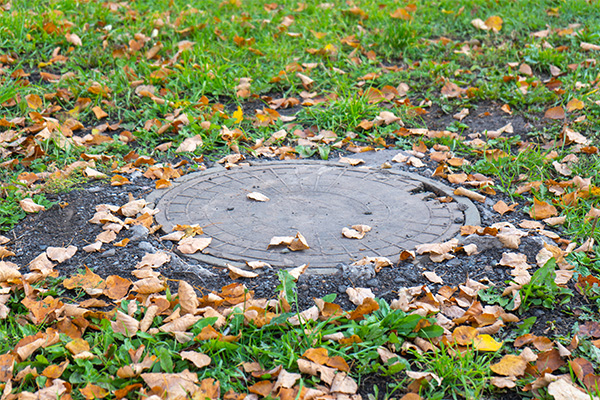
Selling a home is an exciting venture, but it also comes with a pretty long checklist that you’ll need to complete before the sale is final. One task that many people overlook until the last minute is a thorough septic inspection, but preparing for this step ahead of time will make sure you and the buyer have everything you need for a smooth property transfer.
In King County WA, septic inspections are required before selling your house—but, there are a couple of things you should know about the process. Here, the experts at Puget Sound Septic explain what you can expect when selling a home with a septic system.
What Type of Septic Inspection is Required Before Selling a Home?
Since septic tanks are such an integral part of the home, a simple visual inspection won’t cut it when selling the property. In King County WA, you are required to provide a full monitoring and inspection report performed by a licensed Onsitec System Maintainer (OWM). These types of inspections are more thorough and include:
- Checking for leaks
- Measuring liquid levels
- Assessing condition of pipes
- Inspecting valves and filters
- Examining the drain field
After performing the inspection, the OSM will file a report with the King County Board of Health, which is a step that may come with additional fees.
In addition to a detailed inspection report, the seller is also required to provide any maintenance records or disclosure statements relating to the septic system. If you’re concerned about missing important documents, ask your OSM—they may be able to provide some additional advice relating to your specific situation.
Choose Us for Your Septic Pumping Needs
Fill out our form and we'll be in touch!
Fill out our form and we'll be in touch!
*During normal business hours. After hours calls will be returned the next business day.
How Much Do Septic Inspections Cost?
The final cost of your septic inspection will vary depending on how large and accessible your system is, though most cost between $300 and $900 to complete. However, that doesn’t include the cost to pump the septic tank before the inspection, or the fees associated with filing a report with the Board of Health. If you want a more accurate idea of what you can expect to pay, reach out to an expert who can help you calculate the total costs based on your needs.
Does the Buyer or Seller Pay for the Septic Inspection?
In Washington, the buyer is typically responsible for paying for the septic inspection, though some sellers offer the inspection as a part of the purchase agreement. That said, it’s a good idea to have the system inspected ahead of time to ensure everything is in good working order before a deal is on the line; should the buyer come across any issues during the sale process, they may try to negotiate a lower price or be deterred from the property altogether.
What if the Inspection Reveals Problems?
Finding a problem during a septic inspection is never fun to deal with, but it’s even more stressful if your home sale is depending on a clean report. In King County WA, your septic system must be up to code in order to transfer the title of your property to a new owner. So, if your report shows any issues, you will need to halt the sale and fully repair the system before moving forward.
Since this can be a nerve-racking process, we always recommend investing in a thorough inspection a few months before initiating a sale. After all, home sale septic inspections are valid for six months, so handling it early on will give you peace of mind through the home selling process.
House Sale Septic Inspections in King County WA
Planning to sell your home in the near future? Have additional questions about what you can expect during the process? Puget Sound Septic is here to help! Our licensed experts provide thorough inspections and detailed reports to meet King County requirements, giving you and your buyer confidence through every step of the transaction. Contact us now to book your appointment and ensure your septic system is in top condition for a successful property transfer.
Back to Septic System Inspection